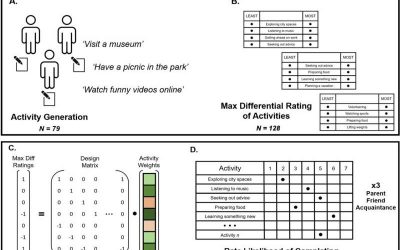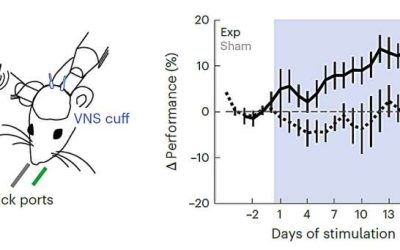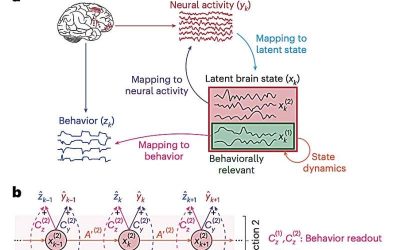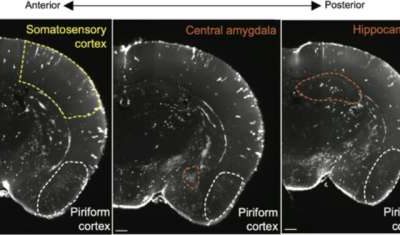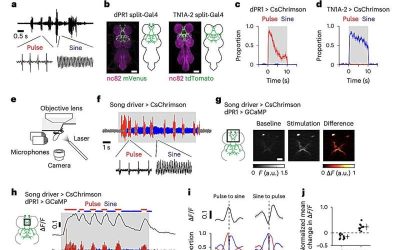During their lives, humans and other mammals tend to bond in different ways with others. Psychological theories suggest that individual humans attribute varying values to their social experiences, yet the values they assign to specific interpersonal relationships have...
MEDICALXPRESS
Vagus nerve stimulation enhances perceptual learning in mice, study suggests
Recent neuroscience studies have been investigating how the stimulation of some nerves, particularly the vagus nerve, using electrical pulses affects neural activity in the mammalian brain. The vagus nerve, the longest cranial nerve in the human body, is known to play...
A histone post-translational modification linked to lifelong susceptibility to stress in mice
Chemical changes to histones, the proteins that help to pack and organize DNA inside cells, play a key role in determining what genes will be consistently activated over the course of an animal or human's life. Past studies have shed light on some chemical alterations...
Neural signatures commonly observed when humans make choices can also reflect choice-independent processes
Past neuroscience research has identified patterns in neural activity typically observed when humans are engaged in value-based decision-making. This is the process through which humans choose between options that could be linked to different costs and rewards,...
A recurrent neural network-based framework to non-linearly model behaviorally relevant neural dynamics
A key objective of several neuroscience studies is to understand and model how the dynamics of distinct populations of neurons give rise to specific human and animal behaviors. Many existing methods for exploring the link between neural activity and behavior rely on...
Neurons in mouse piriform cortex aid in recurrent circuit development, study finds
The activity of neurons in the mammalian brain is known to contribute to the development of the brain at the early stages of development. While past neuroscientific studies have gathered evidence supporting this notion, the extent to which early neuronal activity...
Research suggests myelin fatty acid metabolism could serve as an energy reserve for the central nervous system
The brains of mammals expend a significant amount of energy in the form of adenosine triphosphate (ATP). This is the molecule that cells use to transfer energy, ultimately fueling several biological processes.
Propolis from a Morocco-native plant found to improve cognitive function in male rats experiencing chronic mild stress
Chronic stress can have adverse effects on both the minds and bodies of affected individuals. Past studies suggest that particularly stressful life events can also impact people's cognitive abilities, for instance, producing changes in their memory and sometimes...
Nested premotor circuits activity found to drive male flies’ production of distinct courtship songs
While they are courting, some animals produce distinct sound patterns that clearly convey their intentions to potential mates. These sounds are typically produced via a series of muscle movements, which are in turn planned and controlled by neural circuits.
Using machine learning to uncover predictors of well-being
Irrespective of their personal, professional and social circumstances, different individuals can experience varying levels of life satisfaction, fulfillment and happiness. This general measure of life satisfaction, broadly referred to as "well-being," has been the key...

